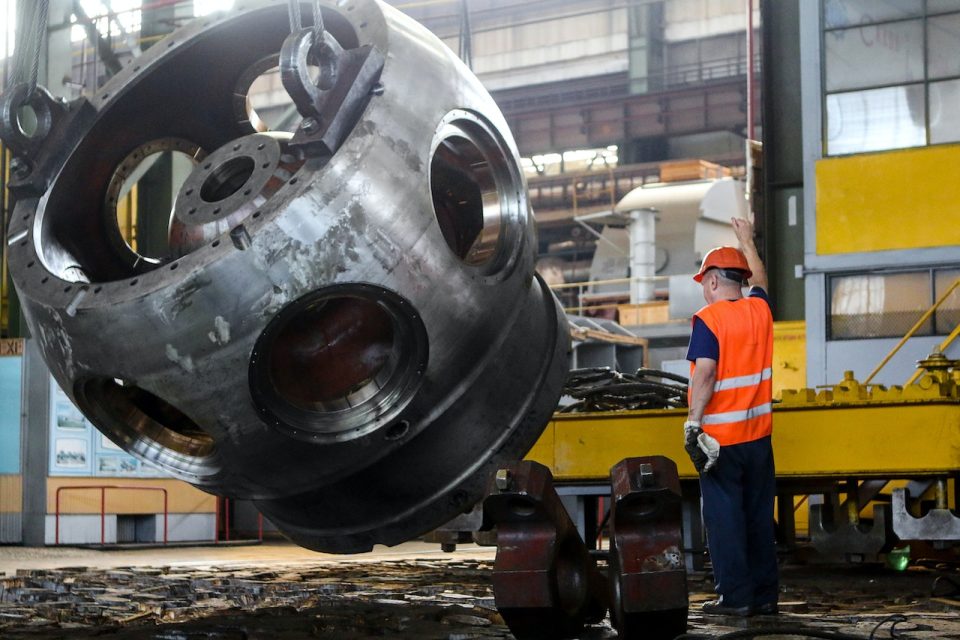The United Auto Workers union (UAW) announced on Friday a pivotal decision to halt the expansion of strikes against Detroit’s three major automakers, following a groundbreaking concession by General Motors (GM) regarding the unionization of electric vehicle battery plants.
Union President Shawn Fain conveyed this development in a video address to workers, hinting that the possibility of including additional plants in the strikes remains on the table for future consideration. The announcement coincided closely with GM’s commitment to integrating electric vehicle battery facilities into the UAW’s national contract, effectively ensuring their unionization.
Fain emphasized the transformative impact of GM’s action on the union and the automotive industry as a whole. He revealed that the decision materialized after the UAW issued a strike threat at a facility in Arlington, Texas, specializing in the production of highly lucrative large sports utility vehicles (SUVs).
Key demands put forth by the UAW encompassed substantial across-the-board wage hikes, cost-of-living adjustments, the reinstatement of pensions for incoming personnel, and union representation across ten battery factories proposed by the automakers. Initially, the corporations contended that these plants, primarily established through collaborations with South Korean battery manufacturers, necessitated separate negotiations.
General Motors’ accord on Friday has resulted in the inclusion of their four U.S.-based battery plants under the umbrella of the national contract governed by the UAW, with GM committing to engage in collective bargaining with the union.
Marick Masters, a distinguished business professor at Wayne State University in Detroit, underscored the significance of examining the specifics of GM’s written offer. Masters pointed out that GM’s concessions went above and beyond expectations, and speculated that the corporation may anticipate reciprocal gains in economic matters.
The successful unionization of battery plants of GM represents a historic milestone for the UAW, reshaping the future of labor relations within the automotive industry. The potential unionization of battery electric vehicle (EV) production represents a seismic shift, ushering in a new era of protections and benefits for both current and incoming employees. With this achievement, the union now anticipates a brighter future as negotiations with Detroit’s three major automakers continue to progress.
This development marks a pivotal turning point in the ongoing negotiations, not only for the UAW but also for the broader landscape of labor relations within the automotive industry. The ripple effects of this agreement are poised to resonate throughout the sector, potentially setting a precedent for similar negotiations across the nation.
Source: AP News

